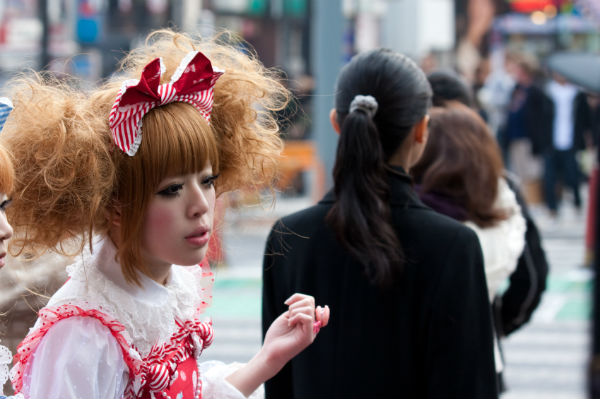Unexpectedly Low Impact of Japan’s Social Game Regulations

A few months ago, the talk of social media gaming in Japan was centered around the new government regulations regarding kompu gacha. This mechanic was included by such leading Japanese gaming companies as GREE, Zynga, Klab, Konami, Sega, and Namco Bandai. Although the news caused shares to plummet and widespread panic about the future of social gaming, the ultimate effect of regulations on these companies’ bottom lines was minimal.
Understanding the basics of kompu gacha
Mobile gaming in Japan is an extremely lucrative industry. One reason is that many games incorporate “gacha” – a game mechanic involving a micro-transaction in exchange for random in-game items. Some game developers in Japan derive half of their revenue from gacha. The practice then spread from Japan, with many developers establishing gacha in North America (for example, Rage of Bahamut by DeNA immediately comes to mind.)
Kompu gacha goes a step further (“kompu” means “complete” in English). Here, players are rewarded for putting together sets of (usually very rare) items. Obtaining whole sets can be quite expensive, running into the hundreds of thousands of yen. However, the addictive nature of these practices prompted the Japanese Consumer Affairs Agency to regulate. Lucrative kompu gacha has thus lent itself to abuse, leading to many complaints from consumers, many related to children having easy access to gacha in games, often purchasing hundreds of thousands of yen of in-game items.
The predicted impact of regulation on the Japan’s social gaming industry
Pressures from the public and media caused many major gaming companies to self-regulate. However, the government stepped in due to this practice’s close resemblance to gambling (largely illegal in Japan). While the regulation is not particularly huge, it was predicted to have a huge impact on the industry. After all, kompu gacha was a key profit generator for companies like GREE and DeNA. The stock in these companies plummeted by twenty percent after regulation, and analysts predicted losses of up to fifty percent in these companies’ profits! More importantly, most Japanese social gaming companies are expanding into the US market, raising concerns about the impact of gacha regulations there.
Impact of gacha regulations lower than expected
Although the media covered the initial news extensively, the exact regulations on kompu gacha are yet to be made public. However, the impact of regulations was considerably lower than expected. Although the media was predicting huge losses, most social gaming companies in Japan have reported profits, some (such as DeNA) with impressive growth of around twenty percent. This growth is all the more impressive considering companies like DeNA and GREE have stopped using kompu gacha mechanics almost entirely. It seems that spending on virtual money has allowed companies to overcome the loss of kompu gacha.
Is kompu gacha really necessary for success?
Kompu gacha is an important but not an essential element for profiting in the Japanese social media gaming market. While smaller companies started to abuse and manipulate this unsavory aspect of social media gaming, the largest players have proven the necessity of strong fundamentals. These three basic points of building a successful gaming company in Japan include:
- Mobility
- Ability to monetize
- Global appeal
Be Part of Our Cloud Conversation
Our articles are written to provide you with tools and information to meet your IT and cloud solution needs. Join us on Facebook and Twitter.
About the Guest Author:

Nida Rasheed is a freelance writer and owner of an outsourcing company, Nida often finds herself wanting to write about the subjects that are closest to her heart. She lives in Islamabad, Pakistan and can be found on Twitter @nidarasheed.


